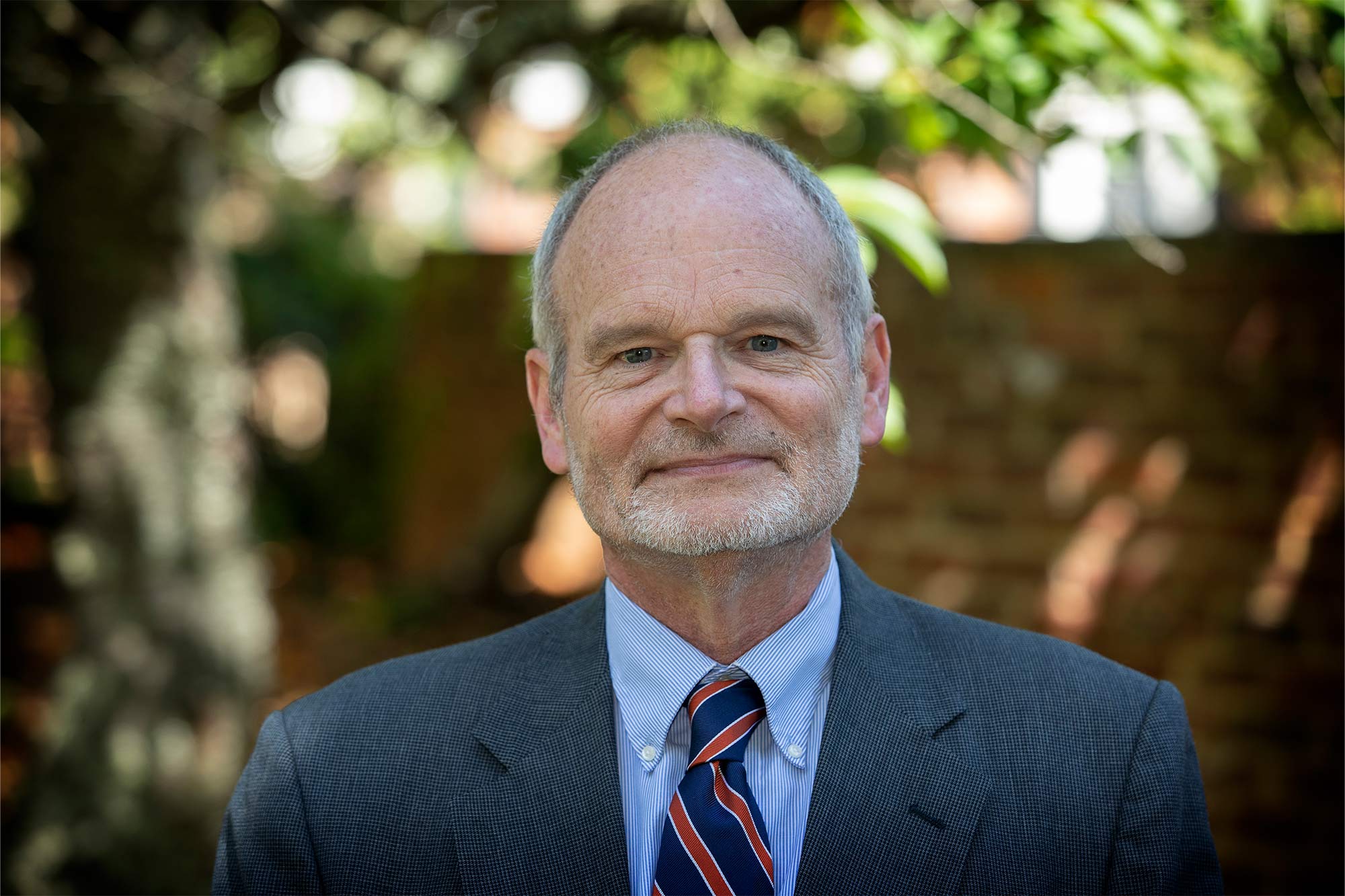The COVID-19 vaccines are revolutionary and have saved millions of lives, literally. They’re based on an important discovery which was not so much the mRNA part of the vaccine, but the fact that we as scientists learned that the best way to vaccinate against these viruses is to freeze the spike protein in the shape or the conformation at which it binds to human cells. This is known as the prefusion conformation.
That’s what the COVID vaccines do, and that’s what the new RSV, or respiratory syncytial virus, vaccine does. This allows for a much more effective antibody response that prevents the virus from binding to our cells and causing an infection.
Q. Who should get the flu vaccination?
A. This year’s flu vaccine has been modified to give you better protection. Your readers may not remember, but in 2009 influenza H1N1 caused a pandemic in the world. That’s because this virus has the ability to swap genes with influenza viruses from pigs and birds, and that’s what happened in 2009.
We haven’t seen that dramatic of a change in H1N1 this year, but it does continue to evolve, so this new flu vaccine is recommended for everyone 6 months of age and older.
And again, I’ve asked my son to have his daughters vaccinated with this. Young infants and children and the elderly are the ones who are at greatest risk of dying from flu. But boy, if you’ve had flu recently, you don’t want to have it again. This is an infection that’s going to lay you pretty low for a few days – and then you’re going to have a really annoying cough and fatigue for days to weeks later. So, go ahead and get that vaccine.
It’s easy to remember: COVID and flu, age 6 months and older, and you can get them both at the same time.
Q. Who should get the new vaccine against RSV?
A. There’s really good news about respiratory syncytial virus, or RSV, this year. There’s both a vaccine for the elderly and there is a new, monoclonal antibody to prevent the first RSV infection in children 8 months of age and younger.
This is really revolutionary, as the elderly are at great risk of RSV. In fact, my mother died of RSV infection a few years back when there was not a vaccine.
Everyone who is 60 years of age and older should receive the RSV vaccine. The other risk group for severe RSV is young children, especially with their very first RSV infection.
What is new is that there is a monoclonal antibody that this summer has been FDA-approved and CDC-recommended for children 8 months of age and younger. It’s 75% effective at preventing that first RSV infection that can be so severe.
Q. How do you suggest people pace getting the vaccines?
A. So, this is a lot all at once. Just remember that if you are 60 years of age and older, there’s three vaccines, and you can get them all at the same time this fall: flu, RSV and COVID-19.
For everyone else who’s 6 months of age and older, there’s two vaccines, COVID-19 and flu, and for parents of children who are 8 months of age and younger, do go to your health care provider and get this new monoclonal antibody that will prevent the first RSV infection that can be so severe in children.
All in all, this is a really great fall for vaccines to prevent this triple threat of respiratory viruses.






